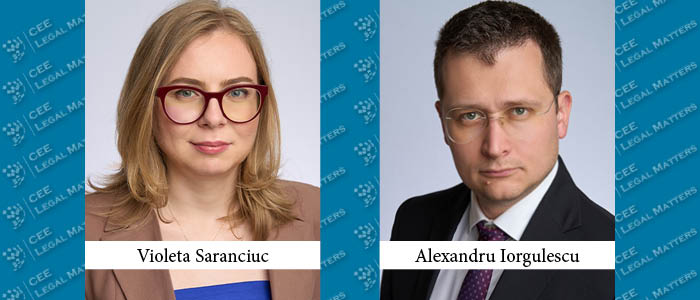“There’s always something going on,” says Ermo Kosk, Partner at Primus in Estonia.
The most significant thing, Kosk reports, remains the ongoing success of the e-Residency program initiated in 2015, which allows individuals from outside the country to register for an Estonian e-Residency ID card allowing for e-signatures, opening of bank accounts, incorporations of companies (which, Kosk says, usually takes around 18 minutes), and other acts, via the Internet, all without being physically present. “I think it simplifies quite a lot, actually,” he says, pointing out that over 13,000 e-Residency cards have been provided so far, with over 1000 new companies started as a result. The average size of those companies is usually quite small, Kosk concedes, “but cumulatively it’s still quite significant.” He refers to reports that, within ten years, the ultimate number of ID cards provided to foreign internationals is expected to be as much as twice the current Estonian population of 1.3 million people.
Indeed, the country seems to be going all-in to maximize its reputation as a good home for start-ups and as a technological leader in its pursuit of foreign investors. Kosk says, “foreign investment is what this government has been fighting for," by digitalizing everything possible, reducing bureaucracy, and simplifying relevant legislation. Among the legislative changes being discussed at the government level is a further simplification of the existing employee option scheme regulation, which already provides a tax-free benefit provided that the option is exercised by not earlier than three years after it has been granted — “quite start-up friendly, I would say, compared to other EU member state laws” — and the development of legislation which would allow companies to not file taxes, and instead of have their banks provide information to tax authorities, which would then prepare and provide tax filings for them.
Also, compared to “old EU member states,” Kosk said, the Parliament is currently working to legalize Uber and other similar service providers who will be in better positions than older competitors, like the traditional taxi companies.
In addition, Kosk says, although the country is often identified as a “fairly high" state for employment taxes, the government is working on reducing those taxes, including the social security taxes, which should also benefit employers in the coming years. “So yes, we are fighting for foreign investments.”
When asked whether his firm is busy, Kosk is emphatic: “Yes, yes, absolutely.” He concedes that the same may not hold true for the entire market, but says "especially firms doing M&A are doing quite well,” and notes that the increased wealth in the market is clear, as “we’re seeing local Estonians re-purchasing companies that they sold in the past” via management buy-outs, among other things. The real estate sector is also busy, Kosk reports — “not booming, like before Lehman's,” he notes, "but good, and transaction values are rational.” Ultimately, he says, the GDP growth is “nothing special — between 1-2% — but everybody expects that growth to continue into the near future.”
In “The Buzz” we interview experts on the legal industry living and working in Central and Eastern Europe to find out what’s happening in the region and what legislative/professional/cultural trends and developments they’re following closely.





























